Why are discus fish so difficult to breed?
Discus fish are known for being difficult to breed for several reasons. Here are a few factors that make breeding discus challenging:
-
Water Quality: Discus fish are very sensitive to changes in water quality and require pristine conditions to breed successfully. The water must be soft, acidic, and free of toxins like ammonia and nitrite.
-
Water Temperature: Discus fish are tropical fish and require a consistent water temperature between 82-86°F (28-30°C) to breed successfully. Any fluctuations in temperature can disrupt the breeding process.
-
Parental Care: Discus fish are known for their elaborate parental care behavior. The parents must work together to fan and clean the eggs, and they must also produce a special mucus on their skin that the fry feed on. If the parents are stressed or not properly cared for, they may abandon the eggs or fry.
-
Selective Breeding: Discus fish have been selectively bred for generations, which has led to a variety of color and pattern variations. However, this selective breeding has also led to weaker genetics and increased susceptibility to disease and deformities. Breeding healthy and genetically diverse discus fish can be a challenge.
-
Feeding: Discus fish require a balanced diet that includes live or frozen foods like bloodworms, brine shrimp, and other high-protein sources. Providing a consistent and nutritious diet is essential for successful breeding.
Overall, breeding discus fish requires careful attention to water quality, temperature, parental care, genetics, and feeding. It can be a challenging process, but with patience and dedication, it is possible to successfully breed these beautiful fish.

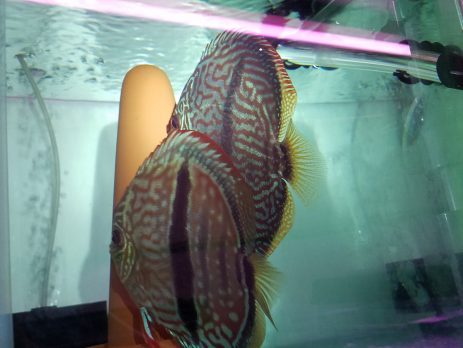
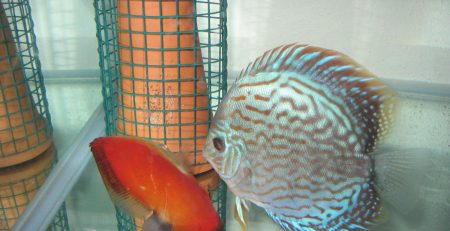

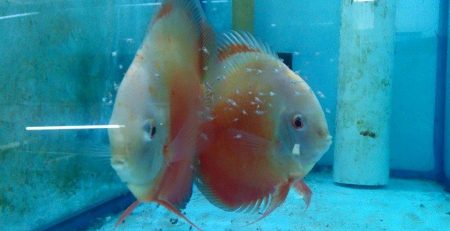
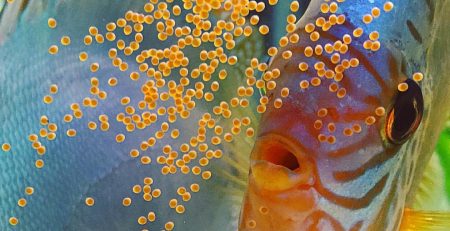
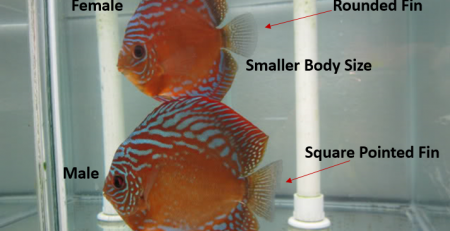
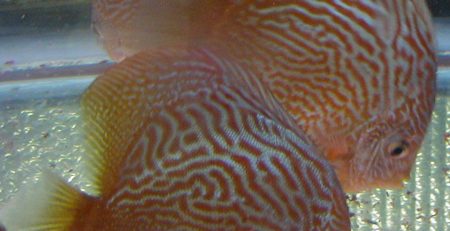
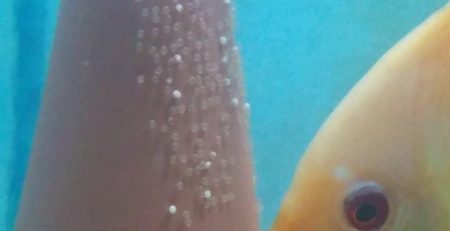
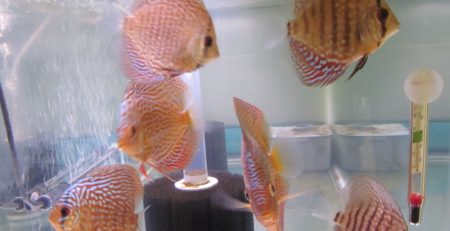
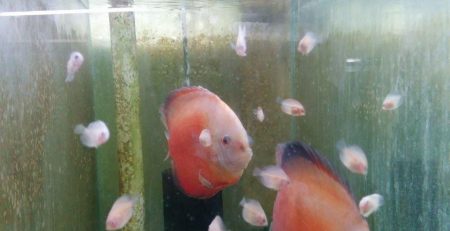
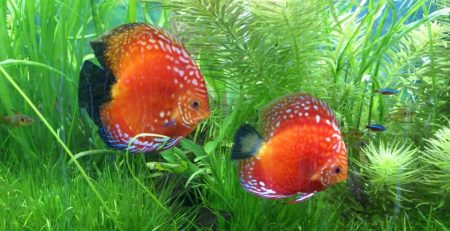
Leave a Reply
You must be logged in to post a comment.